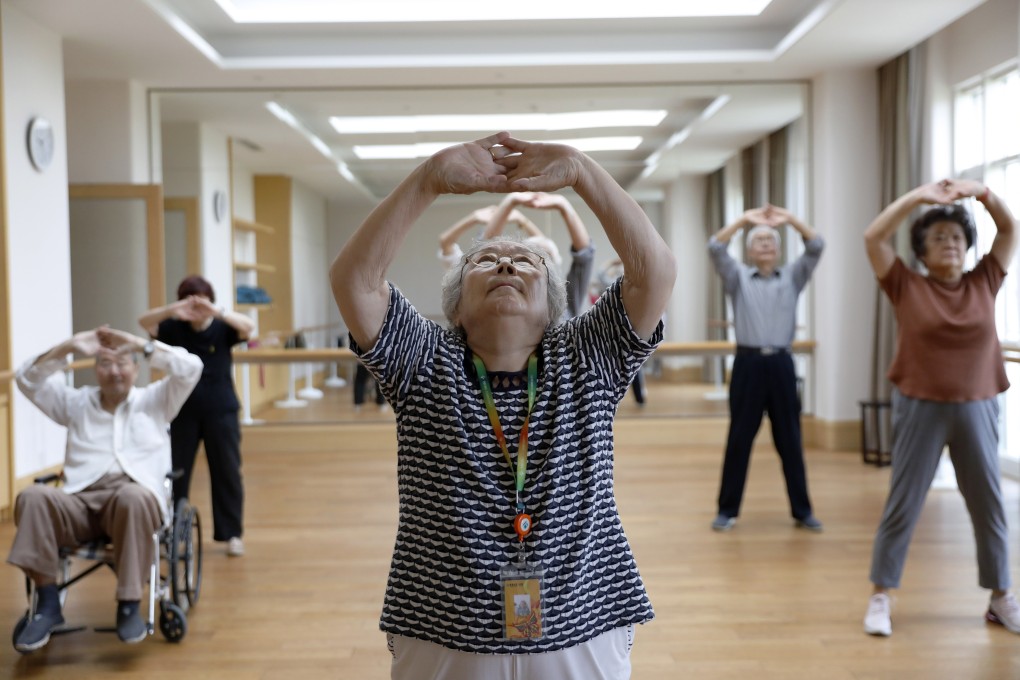An enhanced Chinese martial art is boosting mental health in seniors, researchers say
- Combining tai chi with thinking exercises helps improve mental processes and multitasking in older adults with memory problems, US researchers say
- Activities show meaningful cognitive improvement that could help at-risk people live independently for longer, study shows

Tai chi has been around a long time. The ancient form of exercise involving sequences of slow and controlled movements is a Chinese martial art that is listed as an intangible cultural heritage by Unesco, the UN’s world heritage body.
“Moderate-intensity taijiquan movement therapy with cognitive enhancement was clinically superior to standard taijiquan and stretching exercise in improving … cognition and reducing dual-task interference during walking,” the team, led by researchers at the Oregon Research Institute, wrote in an article published on Tuesday in the peer-reviewed journal Annals of Internal Medicine.
In the study, the researchers added challenges related to dual-tasking to regular tai chi to see if they produced extra cognitive benefits. For example, participants were asked to complete a tai chi form while being deliberately told the wrong forms by the instructor, practising recall of the names and numbers of forms, and performing forms without verbal or visual cues.
The clinical study recruited about 320 adults aged 65 years or above with self-reported memory decline or mild cognitive impairment, which can be precursors to dementia and Alzheimer’s disease in particular. They had no major difficulties in daily activities such as walking.
The participants performed cognitively enhanced tai chi, standard tai chi or stretching at home via real-time videoconferencing one hour, twice per week for 24 weeks to compare the effectiveness of the varied routines.
